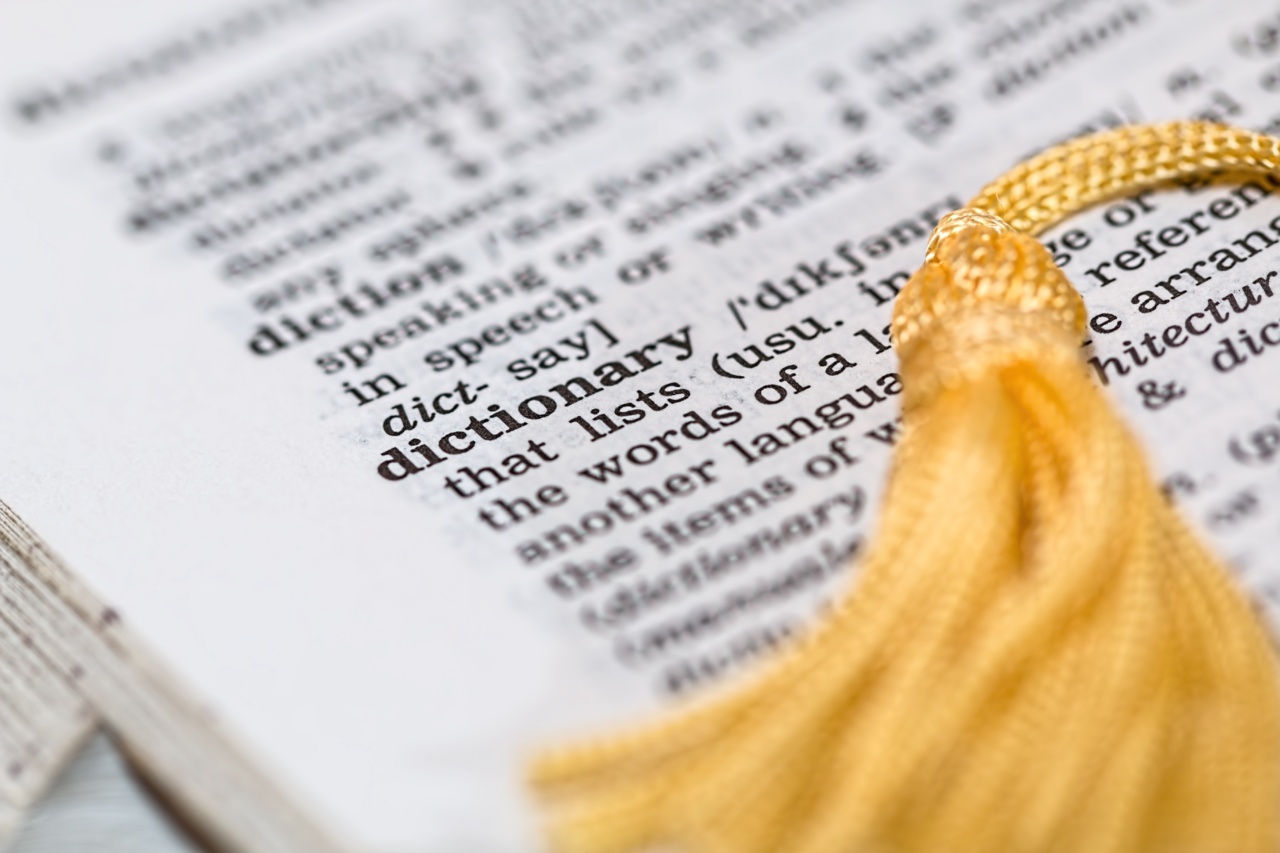Dyslexia is a common neurological condition that affects an estimated 10% to 20% of the world’s population. Dyslexia is a learning disorder characterized by difficulties with accurate and fluent word recognition, poor spelling, and decoding abilities.
Although dyslexia is associated with difficulties in reading and writing, most individuals with dyslexia have average or above-average intelligence. In this article, we will discuss how dyslexia affects English comprehension, and we will provide some strategies that can help individuals overcome the challenges associated with dyslexia.
How Dyslexia Affects English Comprehension
Dyslexia can have a significant impact on an individual’s ability to comprehend English texts.
Individuals with dyslexia often struggle with decoding words and recognizing common vocabulary, which can lead to difficulty understanding the meaning of a sentence, paragraph, or entire text. Dyslexia can also affect an individual’s ability to follow the flow of a text and make inferences or draw conclusions based on the information presented.
Some of the common challenges that individuals with dyslexia face in English comprehension include:.
- Difficulty recognizing common words
- Difficulty decoding unfamiliar words
- Poor spelling
- Difficulty with sentence structure and grammar
- Difficulty with understanding figurative language
- Difficulty following the flow of a text
- Difficulty making inferences or drawing conclusions based on the information presented
Strategies to Improve English Comprehension for Individuals with Dyslexia
Individuals with dyslexia can overcome many of the challenges associated with English comprehension by using a variety of strategies. Here are some helpful strategies:.
1. Use Visual Aids
Using visual aids such as charts, graphs, diagrams, or illustrations can help individuals with dyslexia better understand and retain information presented in the text.
Visual aids can help to clarify complex concepts and enhance the overall visual organization of the information.
2. Take Breaks and Chunk Information
Individuals with dyslexia may struggle with lengthy texts or large amounts of information. Taking breaks every 20 to 30 minutes and chunking information can help to make the text and information more manageable.
Individuals can break down texts into smaller sections, read each section several times, and then move on to the next section.
3. Use Technology
Technology can be an important tool for individuals with dyslexia. Text-to-speech tools can help to read text aloud, making it easier to follow along and comprehend.
Similarly, speech-to-text tools can help individuals with dyslexia to write more effectively. Additionally, there are various apps and software programs available that can help with spelling, grammar, and vocabulary.
4. Use Mnemonics
Mnemonics are memory aids that can help individuals with dyslexia remember important facts or concepts. Mnemonics can take many forms, including visual images, acronyms, or rhymes.
Mnemonics can make it easier to remember important information, which can ultimately enhance comprehension.
5. Practice Active Reading
Active reading involves actively engaging with the text by underlining, highlighting, or taking notes. Active reading can help individuals with dyslexia to stay focused and engaged with the text, making it easier to comprehend.
Additionally, taking notes can help individuals with dyslexia to remember important information and highlight key concepts.
6. Work with a Tutor
Working with a tutor can be a valuable strategy for individuals with dyslexia. A tutor can provide personalized guidance and support, helping individuals to identify areas of difficulty and develop effective strategies for improvement.
Tutors can also provide feedback and encouragement, which can help to build confidence and enhance overall performance.
Conclusion
Dyslexia can present significant challenges in English comprehension, but these challenges can be overcome with the right strategies and support.
Individuals with dyslexia can improve their English comprehension by using visual aids, taking breaks, using technology, using mnemonics, practicing active reading, and working with a tutor. With the right tools and strategies, individuals with dyslexia can achieve success in both academic and professional settings.


























